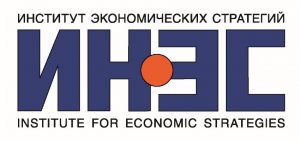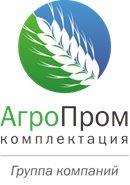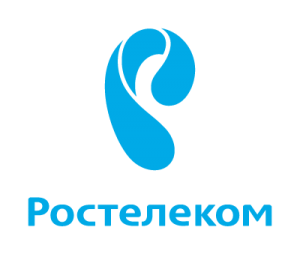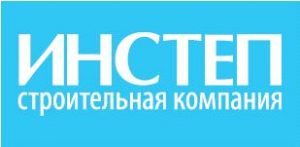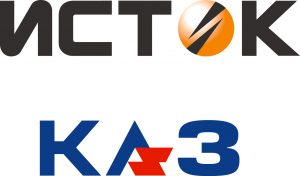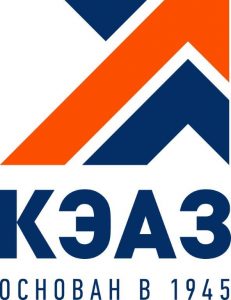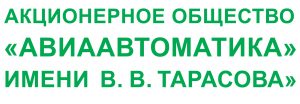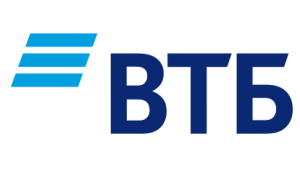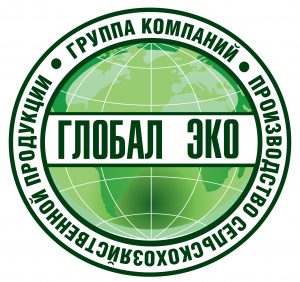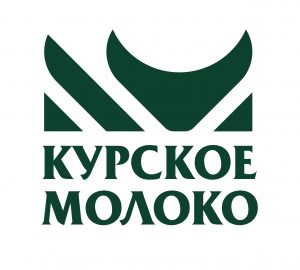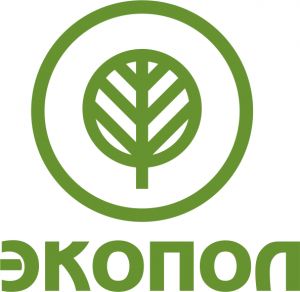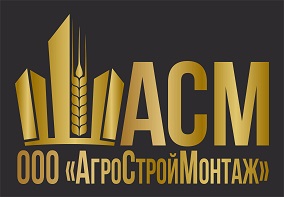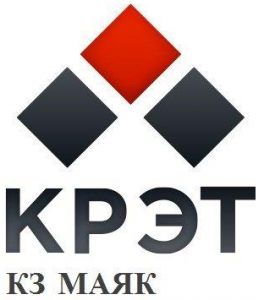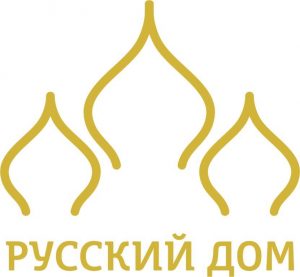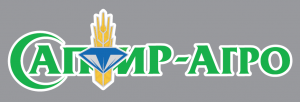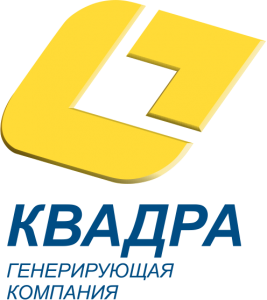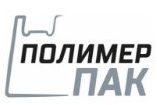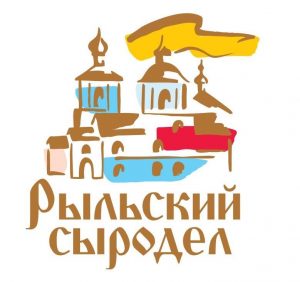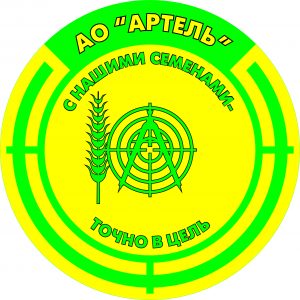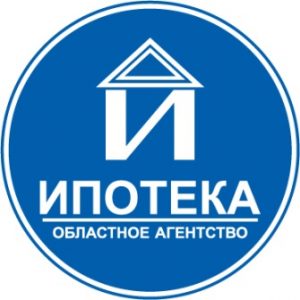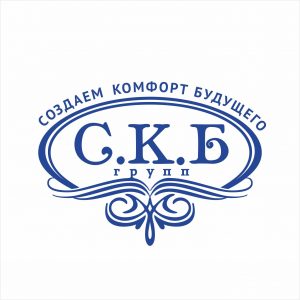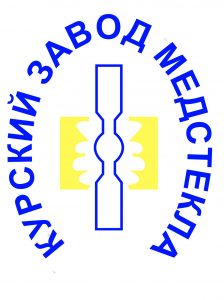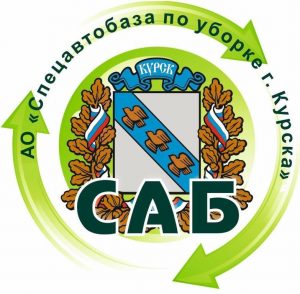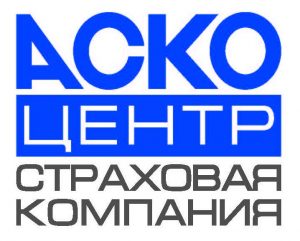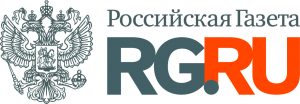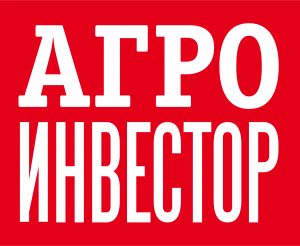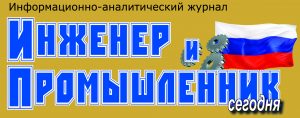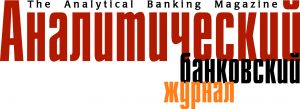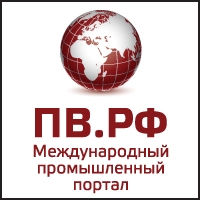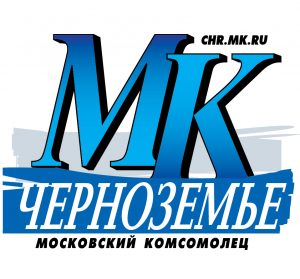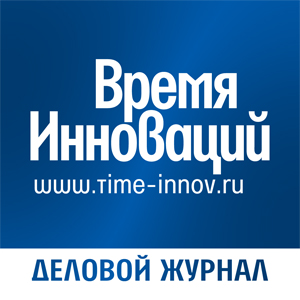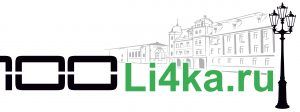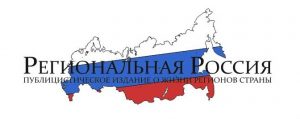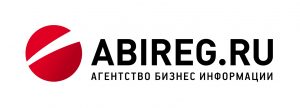Moderated by: Valeria Mozganova, creator and host, Business.FM radio
TRACK 1. Managing science amidst digitization processes
Discussion agenda:
- Most of the federal subjects of the Central Federal district have no standalone divisions for regulating the scientific and technical activity in the region. Assistance to research activities, the backbone of the innovation-driven economy, from regional governments is limited to staff training, support for young scientists, as well as competitions, exhibitions and conferences. Why has science ended up as a poor relation to the other priorities of regional governments?
- Coordination of regional research activities by public authorities. What can the executive power do to support the scientific cluster of the region? Ways to influence the “production” of new findings and technologies in regions. Economic and organizational incentives for scientific and technical activities in the region. The role of the regional government in shaping the scientific and technical policy of a federal subject.
- The future of regional research centers. New network-based principles of operation of research teams. The role of digital technologies in creating new research centers.
- Experience of Moscow region and Kaluga region in supporting research activities in the region.
- International science management experience: the American, European and Chinese models.
TRACK 2. Development of an educational cluster
Discussion agenda:
- Education as an economic sector. Domestic and export potential of regional educational institutions. Student campuses and communities: a new resource to fuel economic development in regions. What measures should be taken to increase the appeal of educational institutions in Central Russia?
- Personnel requirements of enterprises and organizations and capabilities of the higher education system – what do HR services say? Why many of graduates cannot find a job, while businesses face shortage of specialists? Entering a higher education institution, today’s students do not know what specialists will be in demand in 4-6 years. How can the educational process keep pace with the accelerating technological progress?
- Education through the involvement of students in research activities. Scientific activities of students as the basis for new creative skills. The mechanism of interaction between laboratories, the sphere of education and the real sector. Economics of science at higher education institutions, who finances research activities? Basic research or applied science: what is more important for the educational process? Importance of students’ research in humanities, avenues of research and funding sources.
- Formation of a comfortable infrastructure for foreign students: simplification of migration procedures, ensuring their safe stay, arrangement of places for religious practices, nutrition in accordance with national traditions.


 Government of Kursk region
Government of Kursk region Ministry of Economic Development of the Russian Federation
Ministry of Economic Development of the Russian Federation Kursk Chamber of Commerce and Industry
Kursk Chamber of Commerce and Industry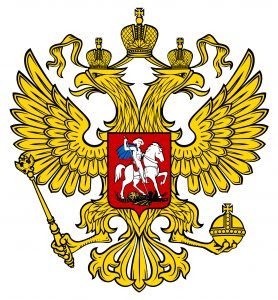 Office of the Plenipotentiary Representative of the President in the CFD
Office of the Plenipotentiary Representative of the President in the CFD The Chamber of Commerce and Industry of the Russian Federation
The Chamber of Commerce and Industry of the Russian Federation Ministry of agriculture of the Russian Federation
Ministry of agriculture of the Russian Federation




